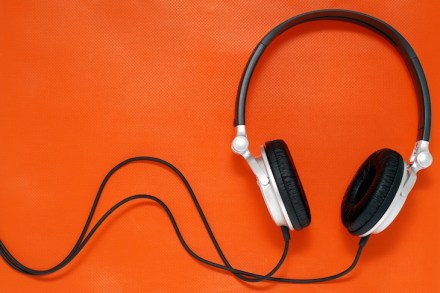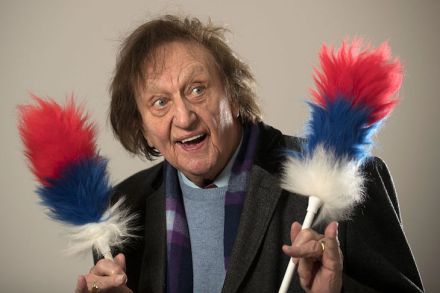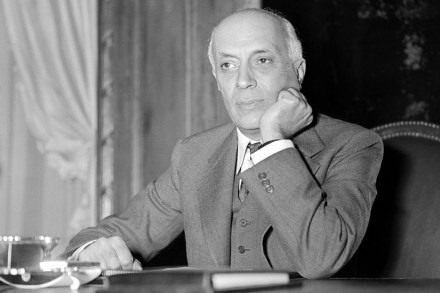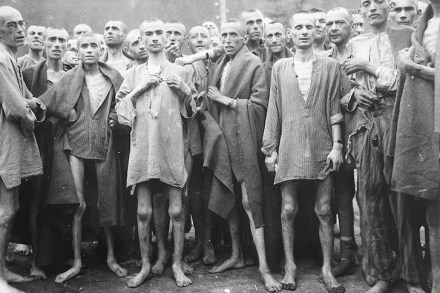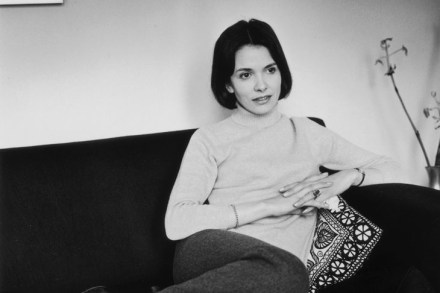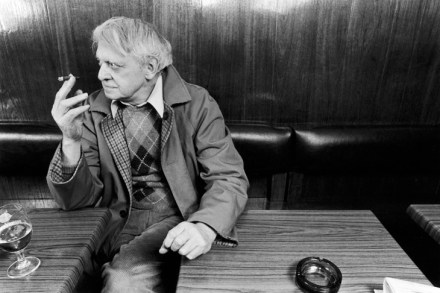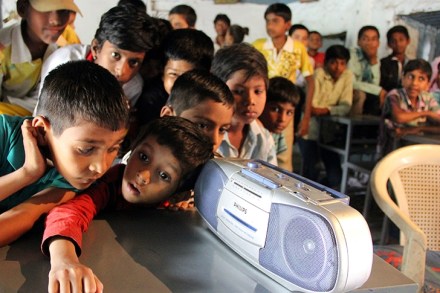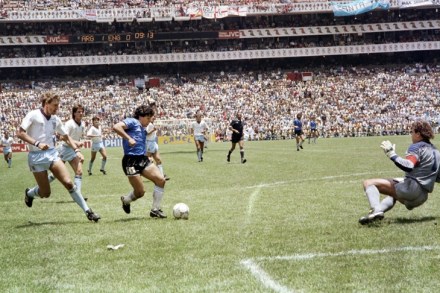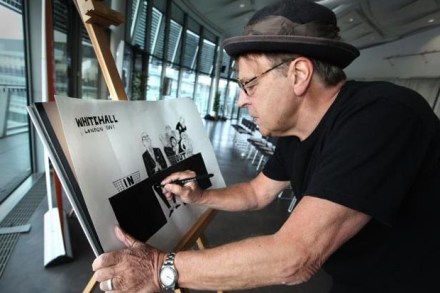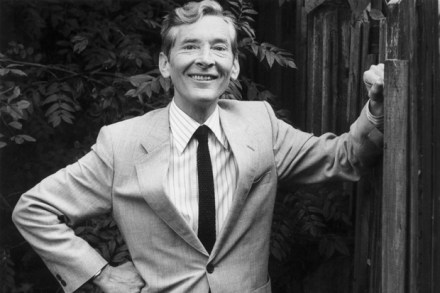Lessons from Rwanda
What an incredible statement we heard on My Perfect Country. ‘I can walk into a boardroom and forget I am a woman,’ pronounced Isabelle Masozera, a PR executive, on the World Service programme, which this week visited Rwanda to find out what is happening there to make it qualify for ‘my perfect country’ status. Her words hit home because of the BBC’s current difficulties over equal pay and opportunities. It appears that the corporation has been less than speedy or judicious in its response to the revelations last year about the substantial differences in earnings between some of its male and female employees. Badly handled, it led to the bizarre


